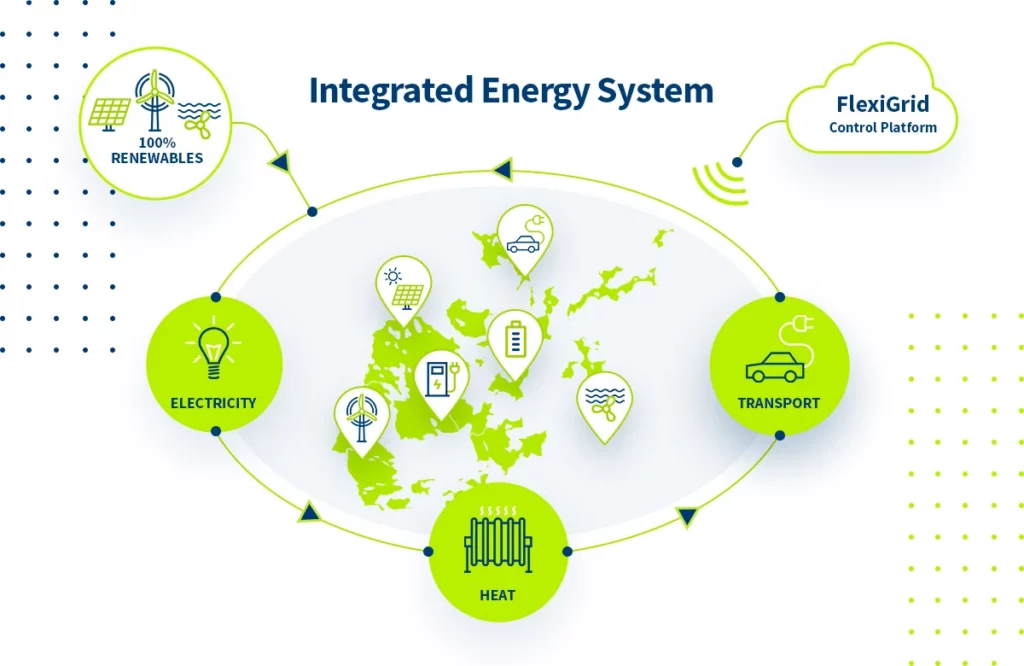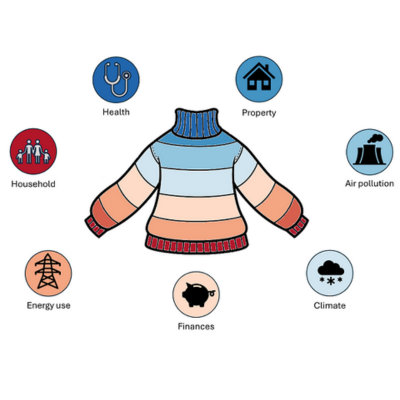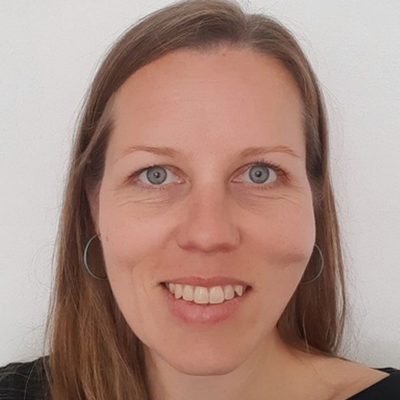The island of Orkney is piloting a new smart local energy system that could have a major impact on how communities manage their renewable energy sources around the world.
ReFLEX Orkney (Responsive Flexibility Orkney) is a pioneering £28.5 million project that’s aiming to demonstrate how flexible energy technologies can transform how we currently use and manage our renewable energy sources.
This UKRI-funded project is currently developing an integrated energy system (IES) - a grid that uses multiple renewable sources - to run the local community in Orkney entirely on renewable sources using a flexible energy technology model.
As the windiest place in the UK, Orkney is the perfect location to pilot this kind of program. The ultimate goal is to create a more sustainable, low-carbon energy system that can be replicated across the whole of Scotland and other parts of the world too. ReFLEX is a local project with a global impact.
Data is playing a vital role in the pilot program and UrbanTide is delighted to be ReFLEX’s data insights technology partner.
What is an Integrated Energy System?
An integrated energy system (IES) is a system that combines different renewable energy sources, such as solar, wind, and hydropower, with energy storage technologies, smart grid management, and energy efficiency measures to optimize the use of resources and minimize greenhouse gas emissions.
The integration of these different sectors enables the system to balance energy supply and demand, and manage fluctuations in renewable energy generation. This results in a more reliable and efficient energy system that supports the transition to a low-carbon economy and brings us closer to a more sustainable future.

The ReFLEX Orkney program
ReFLEX Orkney is a UKRI-funded program that is currently developing a flexible energy grid on Orkney that uses multiple renewable sources to power the local community.
The project seeks to link up the local electricity, transport, and heat networks into a single, manageable system that can be powered by the island’s abundant renewable energy sources.
Using flexible energy technology, they can connect renewable energy sources and distribute in response to fluctuating demand.
The project is led by the European Marine Energy Centre (EMEC) in partnership with Orkney Islands Council, Heriot-Watt University, and several other key stakeholders - including UrbanTide as data partner.
ReFLEX will form part of the Islands Centre for Net Zero project, which is a £16.5 million project funded by the Scottish Government, due to launch in the coming weeks. The ICNZ is a ten-year program that aims to replicate the Orkney ReFLEX program and apply it across all the islands in the Outer Hebrides.
The role of data in ReFLEX project
Integrating and closely monitoring energy data is integral to the success of the ReFLEX Orkney project.
As data partner, UrbanTide are providing IsleDex - a data exchange platform for the Scottish islands. Facilitated through our uSmart data insights platform, IsleDex is a source for gathering and monitoring vast amounts of energy data on the island.
ReFLEX members give access to their data so that the program can learn from their energy use and how to improve the energy system and services
Results so far
The ReFLEX project has already achieved excellent results within the Orkney community, including:
- Membership growth to around 1,000 households by the end of 2022 (equal to 5% of the Orkney population)
- More than 210 electric vehicles and 150 charge points on the island
- More than 200 people enrolled in a local car club
- Energy monitors fitted in 115 households, which provided invaluable data for better understanding energy demand and use on Orkney
- Demonstrated ability to avoid curtailing wind power using 40 smart electric vehicle chargers
- A successfully deployed Integrated Energy System that is now powering Orkney.
What’s next?
After the successful demonstration in Orkney, the IES model will be applied to the rest of the Hebridean Isles when the Island's Centre for Net Zero project launches later this year.
From there, it’s also expected that the IES model and its integrated energy service supply framework will be replicated in other locations around the world. This would unlock valuable export prospects for the ReFLEX project partners while also promoting the development of more flexible and renewable energy systems internationally.
UrbanTide is delighted to be supporting this drive to create an integrated, affordable low-carbon energy system of the future.






